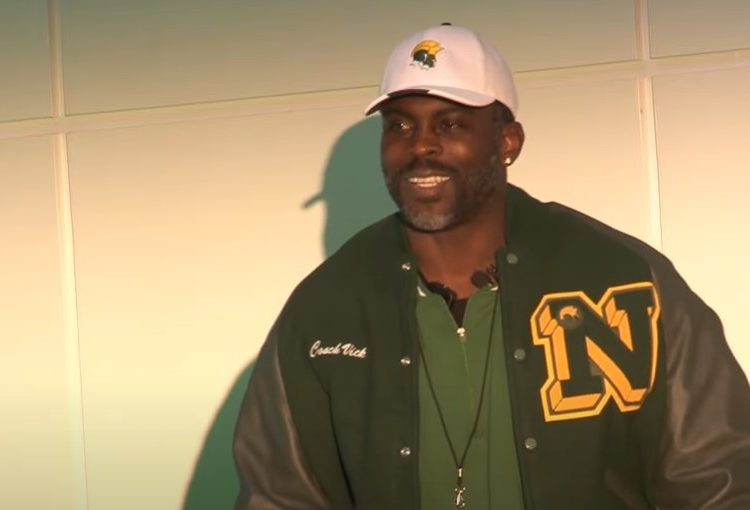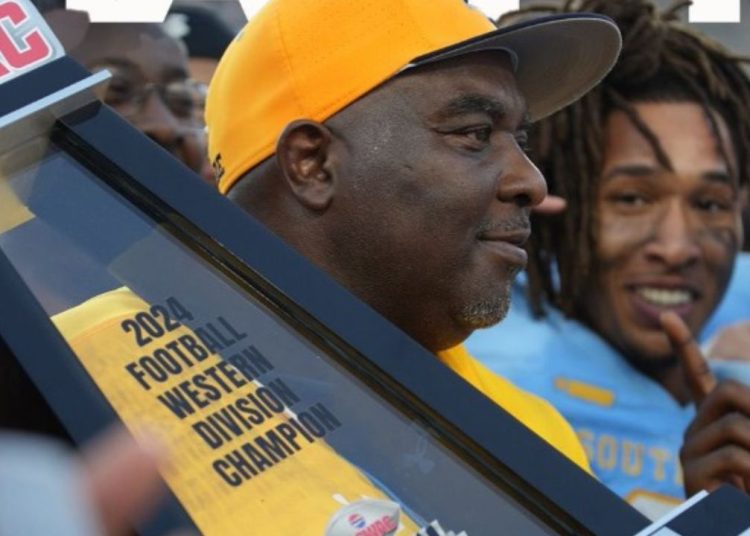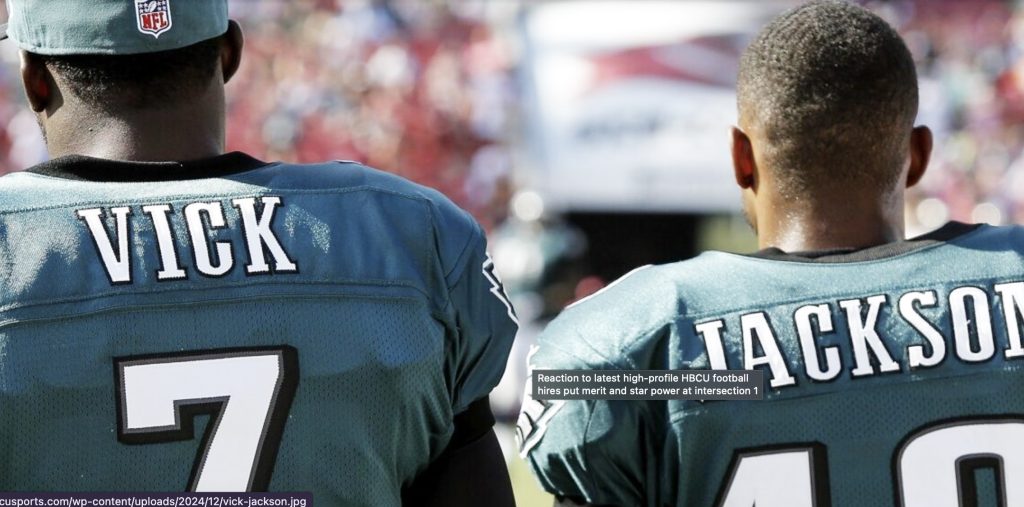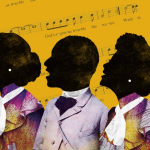Michael Vick and DeSean Jackson being named head football coaches at HBCUs would seem like a cause for celebration.
And, for the most part, it generally was.
Vick, a four-time NFL Pro Bowl quarterback, and Newport News, Virginia native, was praised for taking the lead role as the face of Norfolk State football in his backyard.
The Naismith Basketball Hall of Fame player and fellow Virginia sports legend Allen Iverson even attended the introductory press conference to support Vick.
“It’s a great story. It’s beautiful,” said Iverson. “It’s a beautiful day, not just what he has to offer to kids but to everybody.”
And days later, Jackson, who played with Vick on the Philadelphia Eagles, got the Delaware State job.
The ex-NFL wide receiver garnered support from Kansas City Chiefs coach Andy Reid, L.A. Rams coach Sean McVay, and Delaware State legend John Taylor, Jackson’s uncle.
“This is a win-win for everyone, particularly the young men that get to learn from him and the incredible staff he will assemble – many football aficionados who have been with him since the very beginning,” said Reid.

Within a week, two dormant HBCU football programs were suddenly acknowledged like never before because of the new names associated with them.
“When was the last time anyone talked about Norfolk State football this much?” asked Virginian-Pilot reporter Michael Sauls hours after the Vick hire became official.
In a broader sense, ESPN Andscape journalist William C. Rhoden recently wrote that Vick’s hiring is “a sorely needed boost” for the MEAC.
Others have suggested that Jackson and Vick joining the HBCU coaching ranks would only enhance the visibility and credibility of Black College Football as a whole, similar to how Jackson State hired NFL star Deion Sanders in 2020 and Tennessee State named former Heisman Trophy winner Eddie George coach in 2021.
Perception of ex-NFL player hires is polarizing
But while there has been excitement and intrigue about another wave of ex-NFL greats coaching at HBCUs, another side is vocal that Jackson and Vick are afforded undeserved opportunities with limited or no experience.
Stronger sentiments about schools going after and hiring so-called “celebrity coaches” have been made by current HBCU coaches.
Clark Atlanta coach Teddy Keaton, in an appearance with HBCU Gameday weeks before Jackson and Vick were hired, was explicit in saying that some coaches “hate to see a celebrity coach” be considered for jobs without the resume they worked to attain over years of unheralded work.
Terrence Graves, who waited more than 30 years to become a head before being hired at Southern, called schools “hypocritical” during a recent interview on The Carlos Brown Show for requiring coaches to put in the time and then not be considered quality candidates to lead a program because they only possess HBCU experience.

“You work and prepare for those opportunities, and then when those opportunities come, the first thing they (HBCU administrators) say is, all he is is an HBCU coach,” said Graves, who led Southern to a SWAC West Division championship in his first season. “We need to think outside the box. We need a coach from an FBS school. We need an ex-pro coach.
“You told me what to do, but when it was time for me to take the reins, what you told me to do was not good enough.”
Former Florida A&M athletic director Tiffani-Dawn Sykes wondered whether it was standard practice for non-Division I HBCU schools to hire head coaches without previous collegiate experience.
“Serious question. Has a D1 PWI ever hired a head football coach with no college coaching experience, Sykes wrote on X. “(Please don’t take this as shade and have my mentions in shambles. I’m genuinely curious.).”
Sykes expressed being pleased that HBCUs were hiring “non-traditional, high-profile candidates” like Vick or Jackson because more college athletic directors will desire to build pro-style football operations.
Syke also wanted to acknowledge that veteran HBCU coaches could be “squeezed out of opportunities” for relatively inexperienced former NFL players.
The fact is that schools—North Carolina’s hiring of six-time Super Bowl-winning head coach Bill Belichick is an example of this trend—will now do whatever is possible to win and attempt to increase revenue streams.
There is more than one way to win at HBCUs
That’s especially true for places without a long history of winning—like UNC, Norfolk State, Morehouse, and Delaware State—that might need to take risks and hire a big-name coach after failing with traditional candidates.
A source with knowledge of the DSU search told HBCU Sports reporter Chris Stevens that the school had almost exclusively targeted a big name to fill that role.
Conversely, disgruntled HBCU coaches who might feel overlooked, threatened, or even betrayed are probably justified in their perception of what’s happening. College jobs are scarce, and it has been historically difficult for Black non-ex-pro football players to express feigned interest and get hired.
It has also not been easy for Black coaches, regardless of experience, to get a DI or NFL coaching job.
But sports isn’t a meritocracy or fair, and positions aren’t earned simply for being good stewards. Coaches don’t automatically get brownie points for doing it “the right way” or taking the hard road. Institutions must work in their own best interests and shouldn’t be in the business of placating a coach’s ego.
It is also understandable that HBCU stakeholders are wary that Vick and Jackson only value the opportunity as a means to an end to achieve personal goals when those same men didn’t express a desire to use their wealth, influence, and networks to partner with Black colleges before scratching the coaching itch.
Tyreek Hill, the star Miami Dolphins wide receiver, joked on social media that he should apply for an HBCU job because he perceived the requirement low to be considered.
However, for every Cris Dishman, Vick, Sanders, George, and Jackson, there are successful HBCU-bred coaches such as Tremaine Jackson at Prairie View, T.C. Taylor at Jackson State, Trei Oliver at North Carolina Central, and Chennis Berry at South Carolina State who work their way up through the Black college ranks.
There is more than one way to win in college football, and there is room for everyone. Schools will explore different strategies and people to achieve this.











